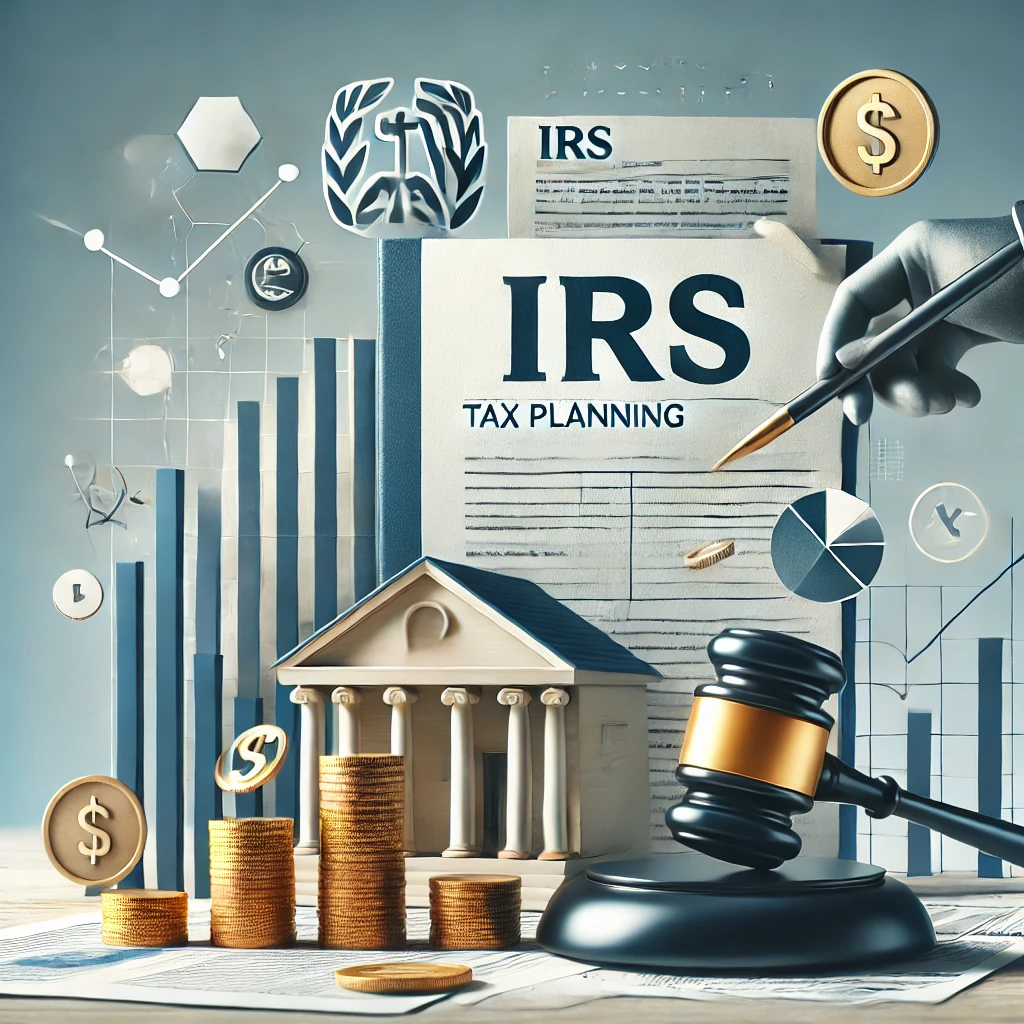The Internal Revenue Service (IRS) has indicated that it is still working on new guidance related to Qualified Small Business Stock (QSBS) by maintaining it on the no-rule list in the newly released Revenue Procedure 2025-1. This decision means that the IRS will not issue Private Letter Rulings (PLRs) on specific facets of QSBS, especially regarding the “active business” requirement outlined in Internal Revenue Code (IRC) Section 1202(e) until further guidance is developed.
Understanding QSBS and Section 1202
Qualified Small Business Stock is designed to provide substantial tax incentives for investors in small businesses. One of its major benefits is the potential exclusion of up to 100% of capital gains on the sale of such stock, provided it is held for more than five years. To qualify for these benefits, the issuing corporation must satisfy several conditions, particularly that it is engaged in a “qualified trade or business” as defined in IRC Section 1202(e). Unfortunately, the statute falls short of clarifying what constitutes several excluded trades or businesses, including “health services,” “consulting,” and “engineering,” creating ambiguity for taxpayers.
IRS’s Stance and Industry Perspectives
The IRS has adopted a no-rule position regarding qualifying trades or businesses under Section 1202(e). It will not provide rulings on this matter until more guidance is issued through a revenue ruling, procedure, or regulation. This decision has caught the attention of industry experts, who are examining its wider implications. According to Bloomberg Tax, while the no-rule policy may initially limit immediate guidance, it could indicate that the IRS is developing more comprehensive and uniform regulations. Such an approach offers the clarity that taxpayers need, helping to minimize the risk of inconsistent outcomes.
Furthermore, legal experts at Skadden have noted that the inclusion of Qualified Small Business Stock (QSBS) issues in the no-rule list signifies a shift in the IRS approach, moving towards comprehensive rulemaking instead of providing ad hoc guidance through Private Letter Rulings (PLRs). While this could streamline processes for taxpayers in the long term, it also underscores the necessity of closely monitoring regulatory developments.
Implications for Taxpayers
The IRS’s continued no-rule stance on QSBS matters leads to both challenges and opportunities for taxpayers:
Uncertainty in Qualification
Without the option to seek PLRs, taxpayers may find it difficult to ascertain if their activities comply with the “qualified trade or business” criteria, potentially exposing them to future scrutiny from the IRS.
Importance of Professional Guidance
Given the lack of direct IRS rulings, taxpayers are encouraged to seek the expertise of tax professionals who specialize in QSBS matters to evaluate eligibility and ensure adherence to current regulations and relevant case law.
Prospects for Future Clarification
By keeping QSBS issues on the no-rule list, the IRS may be signaling an intention to provide broader guidance, which could offer valuable clarity for those navigating these complexities.
What Taxpayers Can Do
Given the complexities introduced by the IRS’s decision, taxpayers must take proactive steps to ensure compliance and mitigate risks:
Engage with Tax Professionals
It’s essential to consult tax advisors or QSBS specialists. These experts can help navigate the existing regulations and case law, assessing whether a business meets Section 1202(e) qualifications.
Strengthen Documentation
Businesses should diligently adhere to the active business requirement. This includes maintaining thorough records of operations, financial activities, and industry classification—essential for substantiating QSBS eligibility.
Monitor IRS Developments
Staying informed about new IRS rulings or regulatory updates concerning QSBS is vital. Adapting strategies in response to these developments will be key to maintaining compliance.
Consider Alternative Tax Strategies
Given the uncertainty surrounding QSBS, businesses and shareholders might want to explore other tax planning opportunities. Options include leveraging other capital gains tax benefits or restructuring business activities to align with established tax provisions.
Looking Ahead
While the IRS’s ongoing no-rule stance presents short-term challenges, it may ultimately lead to more inclusive and consistent guidance in the future. Taxpayers and their advisors should remain vigilant, prepare for shifts in interpreting Section 1202(e), and promptly adapt to new IRS pronouncements.
This article does not constitute legal or tax advice. Please consult with your legal or tax advisor with respect to your particular circumstance.

